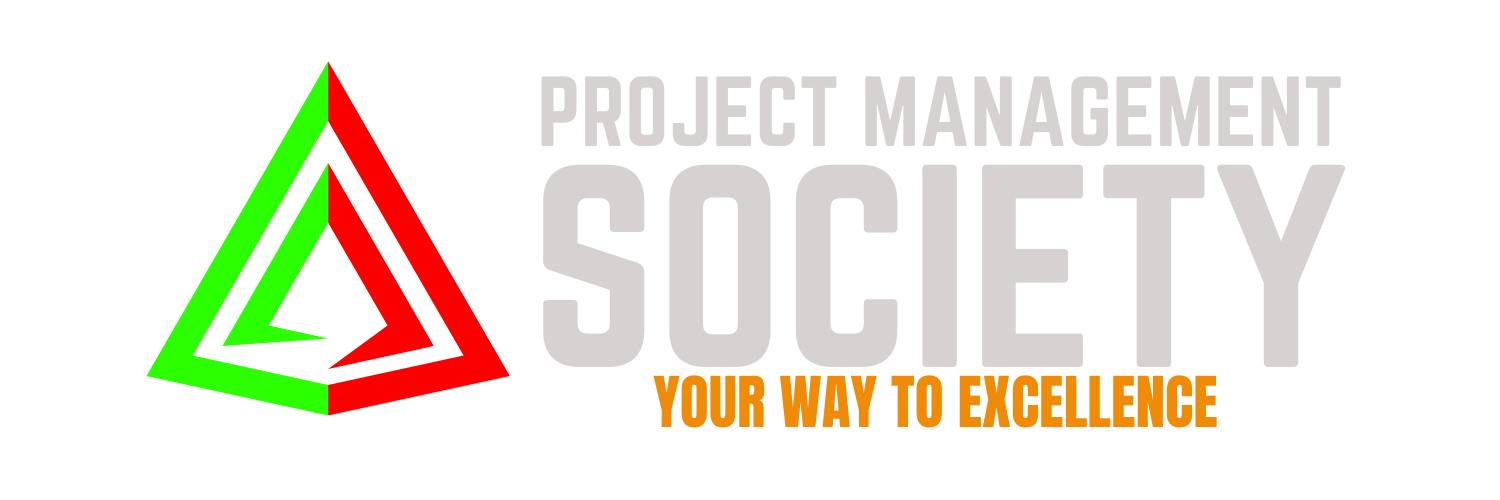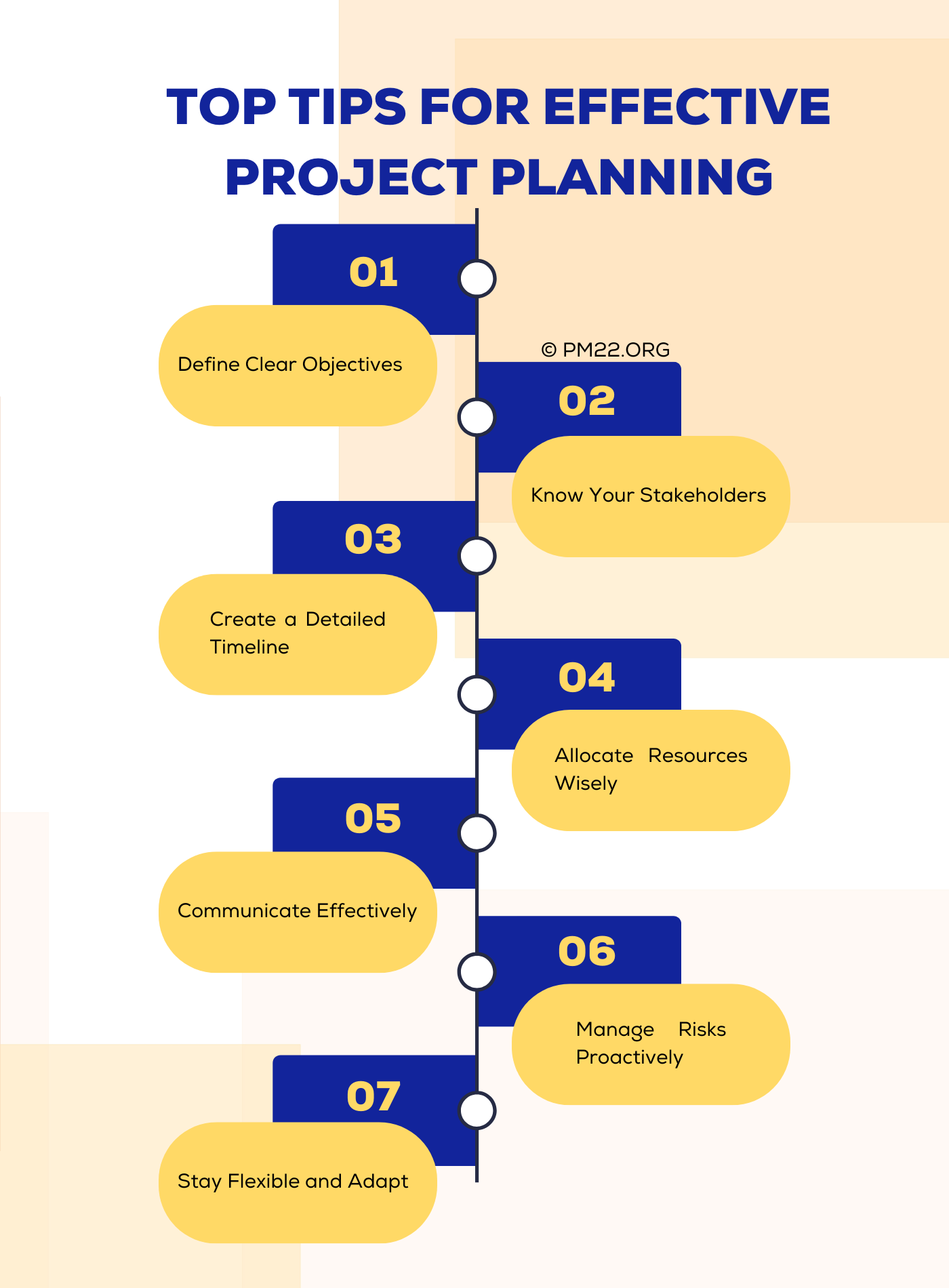 Effective project planning is the cornerstone of any successful endeavor, whether it’s launching a new product, organizing an event, or implementing a company-wide initiative. Without a solid plan in place, projects can easily veer off track, leading to delays, budget overruns, and frustration among team members. To ensure smooth sailing from start to finish, here are some top tips for mastering the art of project planning.
Effective project planning is the cornerstone of any successful endeavor, whether it’s launching a new product, organizing an event, or implementing a company-wide initiative. Without a solid plan in place, projects can easily veer off track, leading to delays, budget overruns, and frustration among team members. To ensure smooth sailing from start to finish, here are some top tips for mastering the art of project planning.
- Define Clear Objectives: Before diving into the nitty-gritty details, take the time to clearly define the objectives of your project. What are you trying to achieve? What are the key deliverables? Establishing clear goals will provide a roadmap for the entire project team and ensure that everyone is working towards a common purpose.
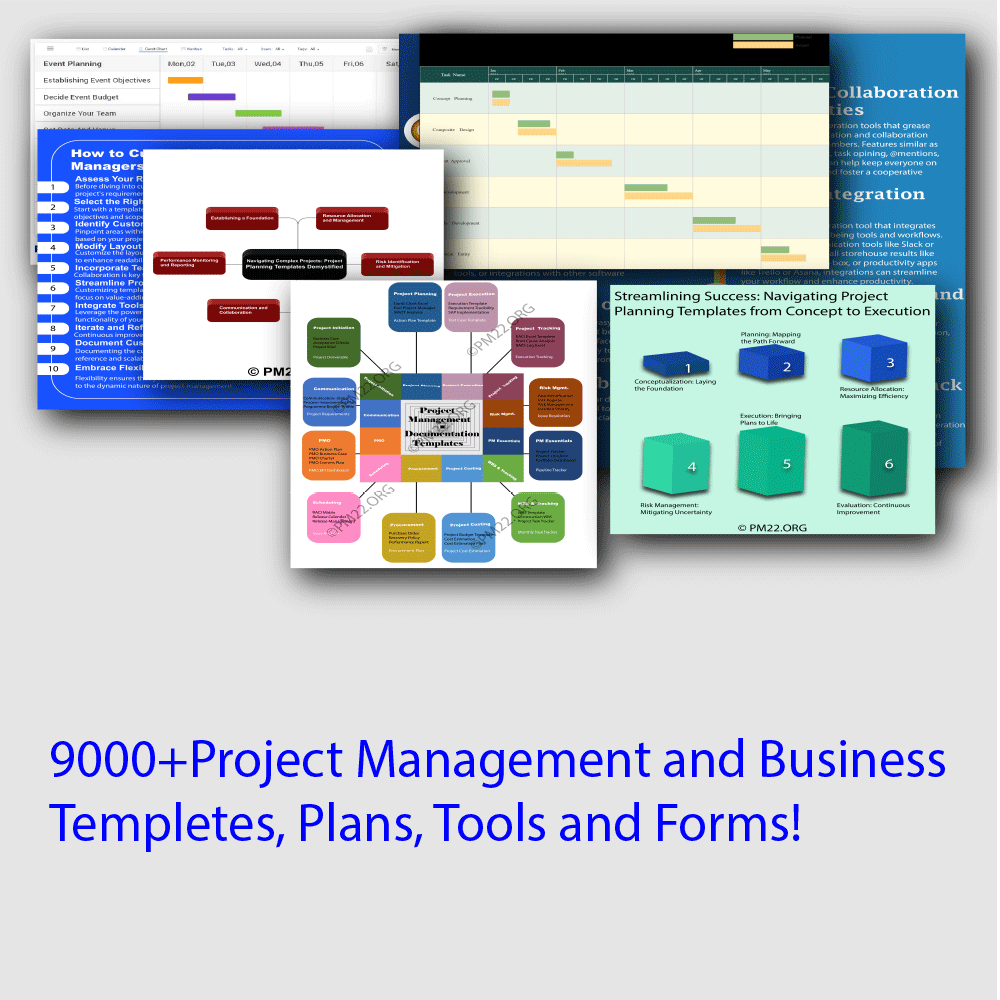
- Know Your Stakeholders: Identify all stakeholders who will be impacted by the project and involve them from the outset. This includes not only internal team members but also external partners, clients, and end-users. Understanding their needs, expectations, and concerns will help you tailor your plan to meet their requirements and gain their support throughout the project lifecycle.
CLICK HERE TO DOWNLOAD 300+ PROJECT MANAGEMENT TEMPLATES & DOCUMENTS IN EXCEL
- Create a Detailed Timeline: Develop a comprehensive timeline that outlines the key milestones and deadlines for the project. Break down the work into smaller tasks and assign realistic timeframes for completion. Be sure to account for dependencies between tasks and build buffer time for unexpected delays or issues that may arise along the way.
- Allocate Resources Wisely: Identify the resources required to complete the project successfully, including personnel, equipment, and budget. Allocate resources based on the needs of each task and ensure that team members have the necessary skills and support to carry out their responsibilities effectively. Regularly monitor resource usage to prevent over-allocation or shortages that could derail the project.
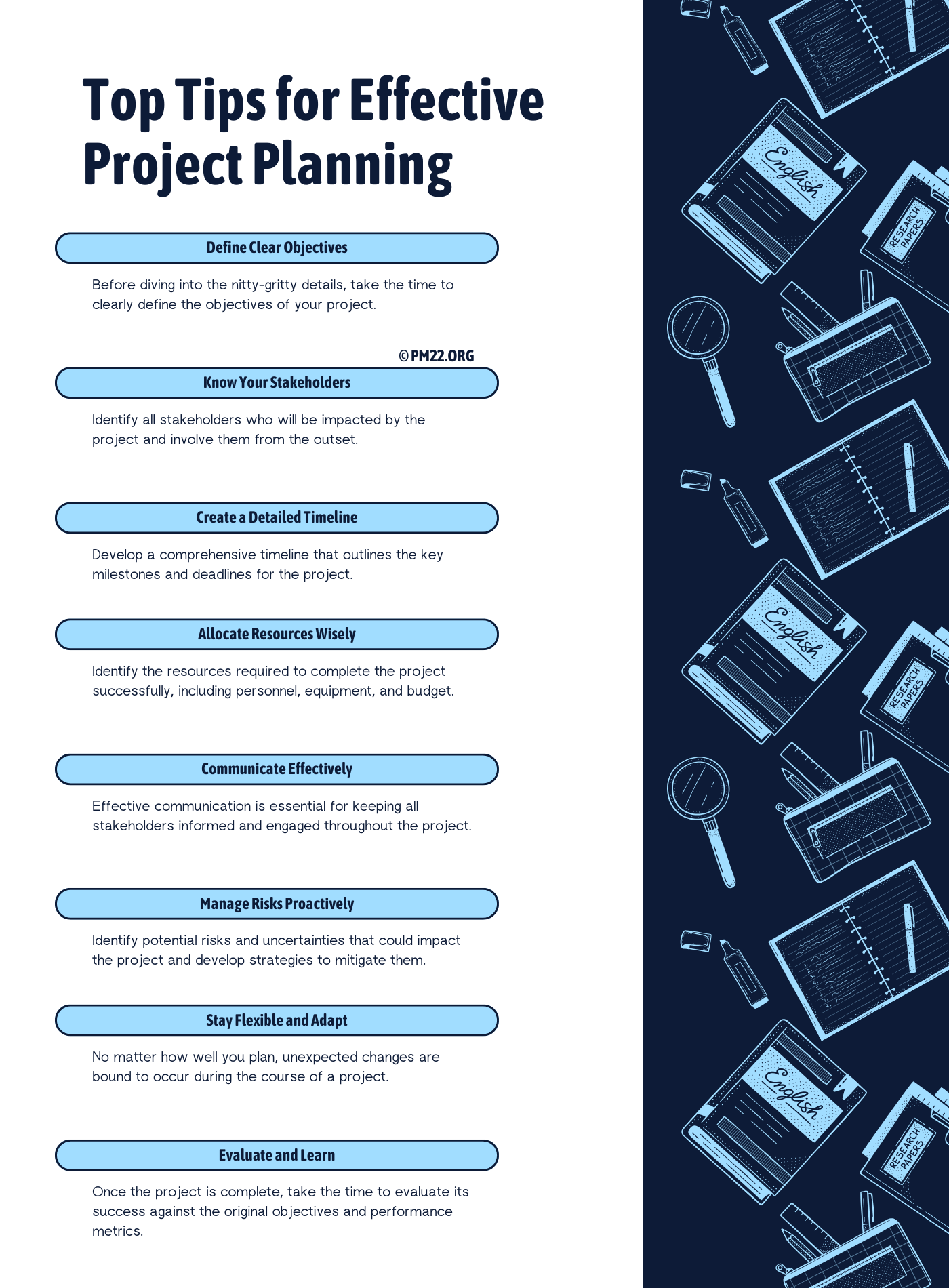
- Communicate Effectively: Effective communication is essential for keeping all stakeholders informed and engaged throughout the project. Establish clear channels of communication, such as regular meetings, status reports, and project management software, to ensure that information flows freely between team members. Encourage open dialogue and address any issues or concerns promptly to prevent misunderstandings or conflicts from escalating.
- Manage Risks Proactively: Identify potential risks and uncertainties that could impact the project and develop strategies to mitigate them. This may involve conducting risk assessments, establishing contingency plans, or allocating additional resources to address high-priority risks. By proactively managing risks, you can minimize the likelihood of disruptions and keep the project on track.
CLICK HERE TO DOWNLOAD 300+ PROJECT MANAGEMENT TEMPLATES & DOCUMENTS IN EXCEL
- Stay Flexible and Adapt: No matter how well you plan, unexpected changes are bound to occur during a project. Stay flexible and be prepared to adapt your plan as needed in response to shifting priorities, new information, or unforeseen challenges. Keep stakeholders informed of any changes and reassess the project plan regularly to ensure that it remains aligned with the overall objectives.
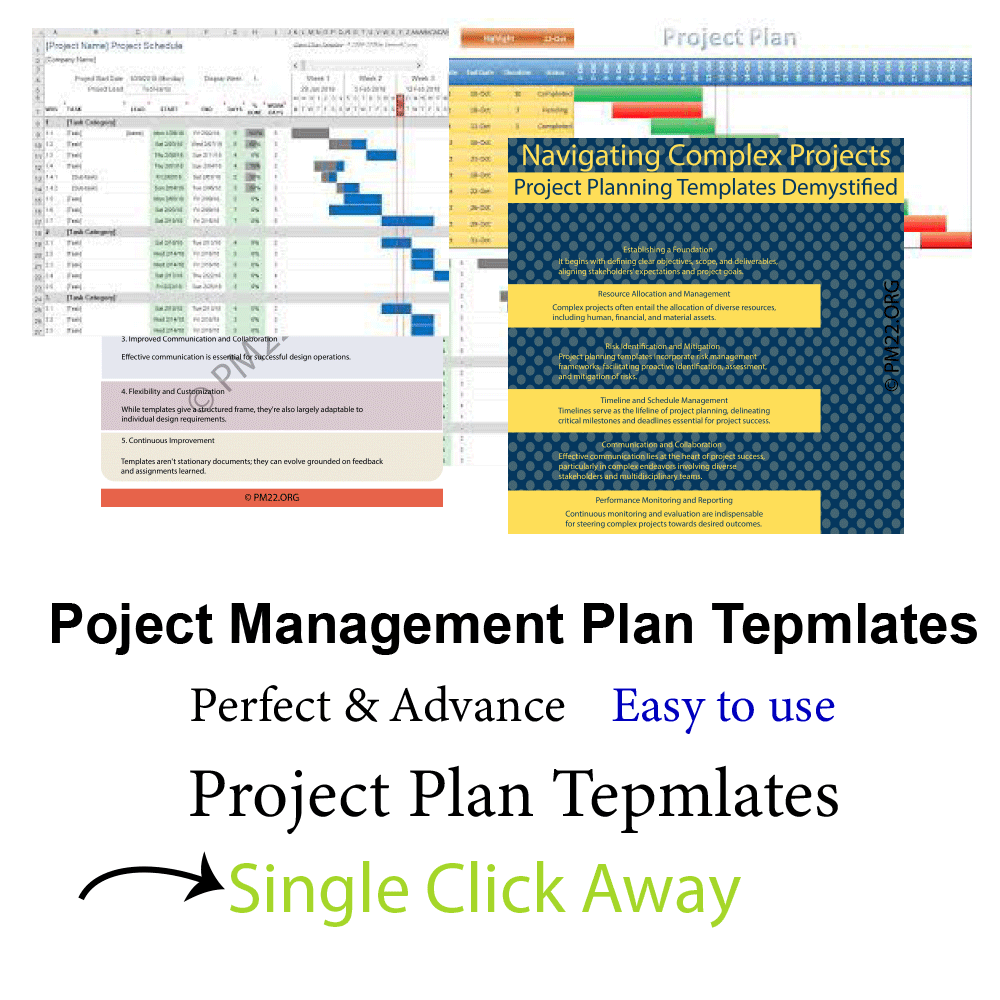
- Evaluate and Learn: Once the project is complete, take the time to evaluate its success against the original objectives and performance metrics. Identify lessons learned, both positive and negative, and document them for future reference. Use this feedback to continuously improve your project planning processes and enhance the likelihood of success in future endeavors.
In conclusion, effective project planning is a multifaceted process that requires careful attention to detail, clear communication, and proactive management of resources and risks. By following these top tips, you can increase the likelihood of success and ensure that your projects are delivered on time, within budget, and to the satisfaction of all stakeholders involved.
